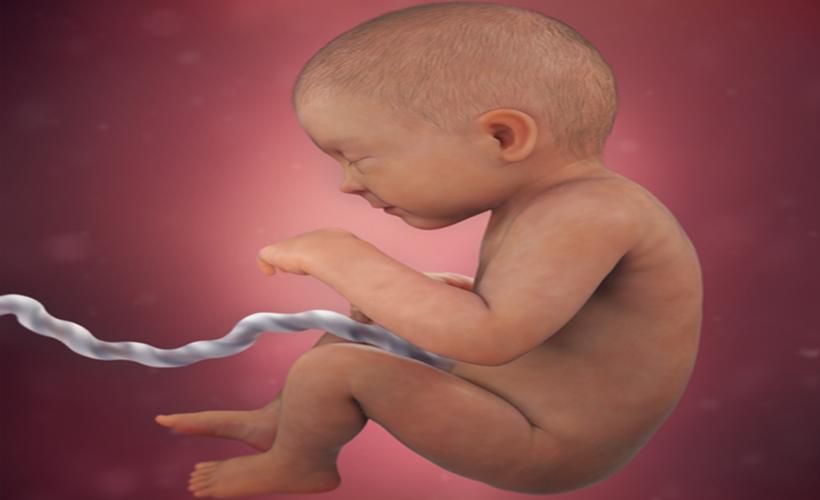35 Weeks Pregnant: Important Information for Mom and Baby
Welcome to the 35th week of pregnancy! With only a few weeks left until your due date, significant changes are happening in both your body and your baby’s development. In this article, you'll learn what to expect this week, potential symptoms you may experience, and important things to watch out for.

Baby’s Development
At 35 weeks, your baby measures around 46-48 cm and weighs approximately 2.5-2.7 kilograms. Your baby’s skin continues to smooth out as more fat accumulates, which will help regulate their body temperature after birth.
Your baby’s brain is rapidly developing, and the nervous system is nearly fully mature. The lungs are almost ready to function on their own once your baby is born. You may notice that your baby’s movements feel a bit more restricted this week due to the limited space in the womb. However, it’s important to still feel regular movement; if you have any concerns, consult your doctor.
Changes in the Mother’s Body
By the 35th week, your body is well into the preparation phase for labor. Here are some common symptoms you may experience during this period:
- Fatigue: You may feel more tired due to the increased weight and changes in your sleep patterns. Make sure to rest and avoid overexerting yourself.
- Frequent Urination: The growing uterus puts pressure on your bladder, leading to more frequent trips to the bathroom.
- Braxton Hicks Contractions: These are practice contractions that help your body prepare for labor. They are usually irregular, but if they become regular and painful, contact your doctor as it could be a sign of preterm labor.
- Heartburn and Indigestion: Pressure from your uterus on your stomach may cause heartburn and indigestion. Eating smaller, more frequent meals can help alleviate this discomfort.
What to Watch Out For
During these final weeks, it’s important to prepare both physically and mentally for labor. Here are some key points to keep in mind during the 35th week:
- Prepare Your Hospital Bag: With labor potentially just around the corner, this is a good time to pack your hospital bag. Make sure you have all the necessary documents, comfortable clothing, and essentials for the baby.
- Watch for Signs of Labor: Keep an eye out for signs that labor might be starting, such as regular contractions, your water breaking, or increased vaginal discharge. If you notice any of these signs, contact your doctor immediately.
- Maintain a Healthy Diet: Continue to drink plenty of water and eat a balanced diet rich in fiber. Proper nutrition is crucial as your body prepares for labor and delivery.
- Manage Your Emotions: As the due date approaches, you may experience a mix of excitement and anxiety. Engage in relaxing activities, meditation, or prenatal yoga to help manage stress.
Potential Complications
The 35th week can come with some potential complications, so it’s important to monitor any changes in your body closely. Here are some issues that might arise during this week:
- Risk of Preterm Labor: If you experience regular contractions, lower back pain, pelvic pressure, or if your water breaks, you might be at risk of preterm labor. If this occurs, contact your doctor immediately.
- Preeclampsia: This condition is characterized by high blood pressure and the presence of protein in your urine, and it can pose serious risks for both you and your baby. If you experience severe headaches, vision changes, or pain in the upper abdomen, seek medical attention immediately.
General Advice
The 35th week is an ideal time to review your birth plan and make any final preparations. Try to stay relaxed and enjoy these special moments as you anticipate meeting your baby soon. Remember, you’re just a few weeks away from holding your little one in your arms!




